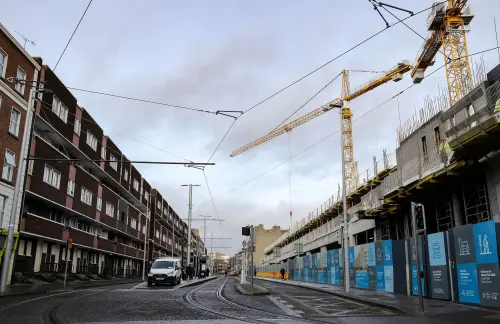Introduction
Ireland has implemented minor adjustments to its rent control measures, aiming to protect tenants amidst soaring rental prices while fostering necessary construction initiatives.Context
Introduced in 2016 to combat spiraling rental costs, rent controls were initially confined to urban centers, providing a temporary solution until housing supply could meet demand. Despite these efforts, homebuilding stagnated at only 30,000 units last year, significantly below the government's goal of 50,000 new homes annually until 2030.Developments
The updated regulations maintain a 2% annual cap on rent increases for existing tenants. However, landlords will now have the option to set rents at significantly higher market rates between tenancies starting in March 2026 if a renter either vacates voluntarily or violates their lease agreement.Recent research from Daft.ie revealed that rents surged by 47% for tenants who changed residences since the cap was reduced from 4% to 2% in 2021, while those who stayed saw increases of only 7%.
Furthermore, new apartment developments will no longer face a 2% cap on rent increases, as they are now allowed to rise in accordance with inflation rates. Housing Minister James Browne stated that this modification aims to attract international investors who are currently disinterested in the market.
The central bank of Ireland predicts average annual inflation rates of 2.1% for the upcoming year and 1.4% in 2027. While these figures might limit short-term investor returns, Browne emphasized that aligning rent increases with inflation mitigates the risk of high inflation leading to losses for investors.
Despite these changes, property developers have voiced concerns that rent controls, alongside rising interest rates, have significantly hindered the supply of new rental properties. In 2024, the number of apartments constructed, primarily for the rental market, plummeted by 24% compared to the previous year.
However, opposition parties have condemned the government's proposal for changes, highlighting that rental costs have more than doubled since the aftermath of the 2013 property crash. Browne reassured stakeholders that these adjustments are merely one component of a broader strategy intended to enhance housing supply in the future.
